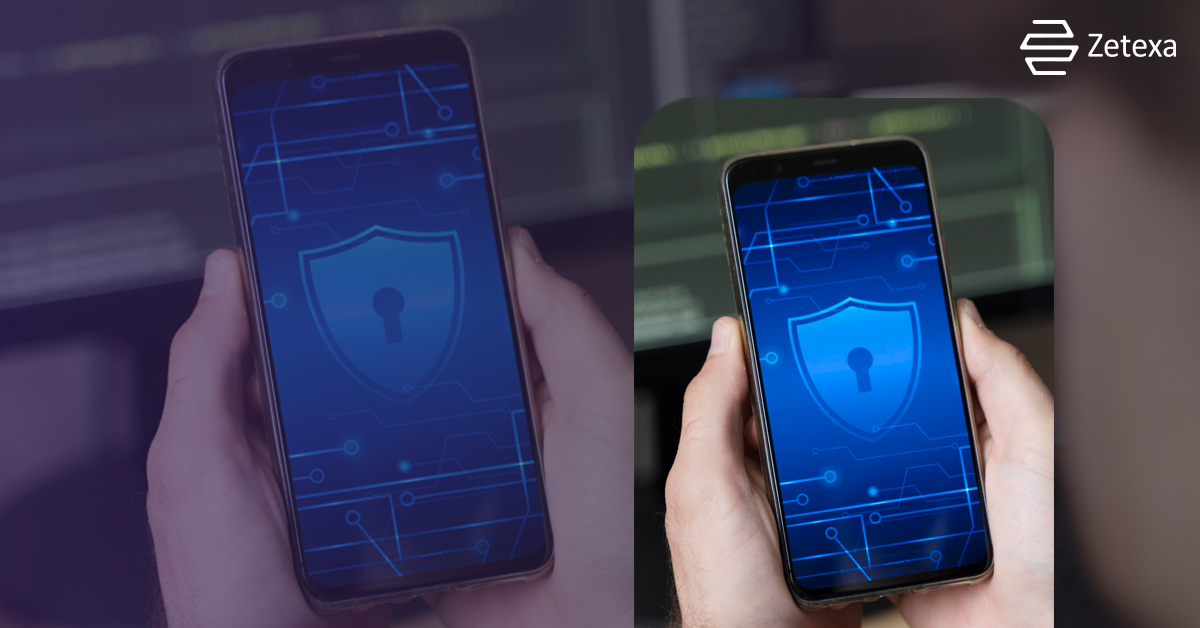As we move deeper into the world driven by technology today, being at the absolute forefront of security measures within one’s operations becomes exceedingly crucial for any business. eSIM technology falls directly under this category and is one of the most disruptive technologies in recent times.
Now, if you don’t know it yet, the “e” in eSIM stands for “Embedded SIM,” meaning, in digi-terms, it is an embedded digitized version of our good old traditional SIM cards that we have been using in our mobile phones for more than a decade now. Let’s see how eSIM brings security to a higher level and how it evolved into becoming an integral part of business security solutions today.
What is eSIM Technology?
But before rushing to the security benefits it brings, let’s break down exactly what eSIM technology even is. Traditional SIM cards are physical cards a user inserts into their mobile device to allow their device to connect to cellular networks. In contrast to this, an eSIM is just a small chip embedded directly inside the device and works exactly like a physical SIM without requiring any card that is to be removed. This basically implies an eSIM can be programmed or even reprogrammed remotely, hence providing flexibility as well as control at a level conventional SIMs cannot.
How eSIM Enhances Security
Lesser Chances of SIM Card Theft: Another intrinsic security benefit of eSIM is the absence of a physical card itself. Traditional SIMs could always be stolen and, in some cases, even swapped without the user’s knowledge, thus giving an easy way to probable fraud or some other form of illicit access. If its technological counterpart is considered, then there is no physical card that may be stolen or tampered with by any means. This ensures minimal possibilities of confidential and major business data and communications from getting infiltrated.

Increased Control and Management: eSIM technology allows remote provisioning and management. Carrier profiles in a particular device can be updated or changed over the air by enterprises; there is no need to handle every device physically. In view of this remote management ability, IT departments would be in a position to urgently rectify security issues or update configurations as required, thus staying tuned with all the devices using current security protocols.
Simplified Device Management: Fleets of devices are logistical in nature. Much of it revolves around updating or securing them. With eSIMs, this process would be much easier with the use of centralized management. For business purposes, it means several devices can be better and safely managed. Network changes or updates to security can be rolled out quickly across the entire organization.
Higher Device Reliability: Physical SIM cards wear off easily and can be destroyed over the course of time. Since the eSIM is hardwired and sealed within the module, it can resist most physical abrasion. More importantly, it ensures devices are safe and connected to reduce downtime and sustain equipment operations flawlessly.
Improved Data Protection: eSIMs are provided with strong encryption and safety features, ensuring that sensitive data that is moved over cellular networks is safe. Most of the safety features that have been built into this eSIM technology are to protect the data being carried to a greater extent and make it all the more difficult for any malicious entity to intercept or compromise the communication. This would become very important for those businesses dealing with sensitive information and seeking to protect the integrity and confidentiality of data.
Compliance Ease: Countless businesses are under specific legal or regulatory requirements as far as security about data goes, inclusive of data privacy. eSIM can help in providing safer and much easier-to-administer means of connectivity to be in compliance. This capability for remote control and update of network settings will improve how well enterprises conform to ever-changing regulations and industrial standards.
eSIM for Business Security: Practical Considerations
As with any technology, integrating eSIM into your business strategy is a thought process which requires a lot of deliberation. Here are some major things businesses should consider:
Device Compatibility: Not all devices support eSIM yet. Prior to switching, be sure that either legacy devices or devices to be deployed support eSIM technology. Of course, a lot of smartphones and IoT devices already include eSIM technology; however, check its presence so as not to meet problems.

Carrier Support: With this technology getting wide acceptance by an increasing number of carriers, the support level is also varying. Thus, check with the selected carriers on their support for eSIM and the type of services needed to support the business. Integration with such robust security solution carriers supporting eSIM will go a long way in making the transition smooth and reliable.
Security Policies: Integrate eSIM technology into the security structure and propagate the new security policies and procedures to everyone. Provide necessary training to the IT team related to handle and manage eSIM profiles on what they mean for security. Spell out protocols for handling eSIMs and the possibilities of security risks.
Future-Proofing: eSIM technology is under constant development, so looking ahead on the path to the future is a necessity. Consider ways in which the implementation of eSIM now dovetails into your greater scheme for technology strategy. This is a solution that’s forward-thinking—enhancing security while allowing your business to harness future improvements and enhancements in both connectivity and mobile technologies.
Conclusion:
There are a lot of ways in which an eSIM can be incorporated into a corporate security plan. It minimizes the threat of physical SIM card theft to substantially improving remote management and data protection. Taking the device compatibility and carrier support into consideration, in view of cost ramifications, it will set a business well on its way to using the eSIM for a more secure and streamlined operational environment.
Essentially, eSIM technology is not a trend but a major revolution in secure business communication and operations. Enterprises, through the adoption of eSIM, can have improved placing in terms of security, with simplified device management to help in equipping them for a highly connected future. If you are interested in business security reinforcement, then incorporating eSIM safety solutions can be a very integral step toward a much more secure and effective operation.

Download ZetSIM App from the APP Store
Download ZetSIM App from the Google Play Store
FAQs
eSIMs prevent SIM swap fraud, provide encrypted data transfers, and enable remote authentication, improving overall cybersecurity for businesses.
Absolutely! eSIMs allow secure, multi-network connectivity for remote teams, ensuring employees stay connected to private business networks safely.
With strong authentication protocols, eSIMs help secure mobile banking and digital transactions, preventing fraud and unauthorized access.
Yes! eSIMs provide secure M2M (Machine-to-Machine) communication, ensuring IoT devices operate on trusted networks with encrypted connections.
Zetexa eSIM ensures reliable, tamper-proof, and secure connectivity, helping businesses maintain robust cybersecurity while keeping operations smooth.



